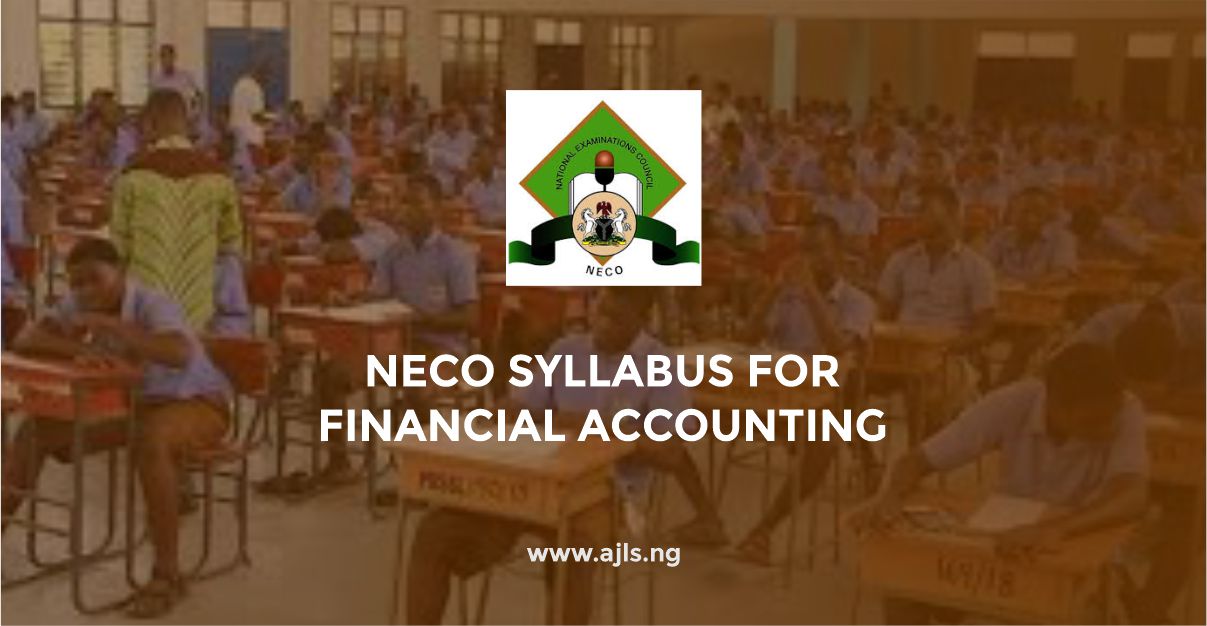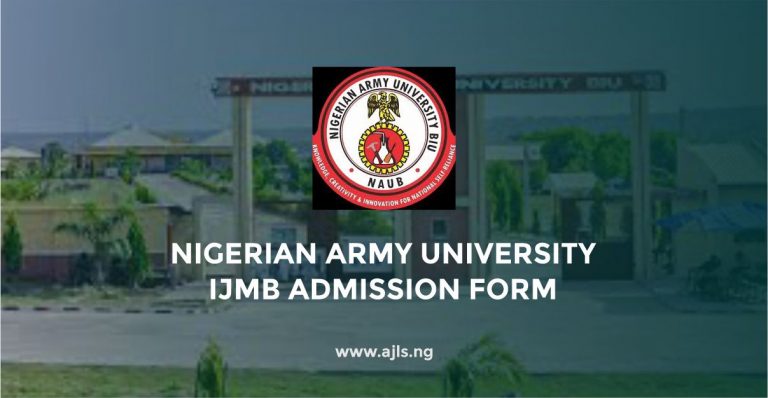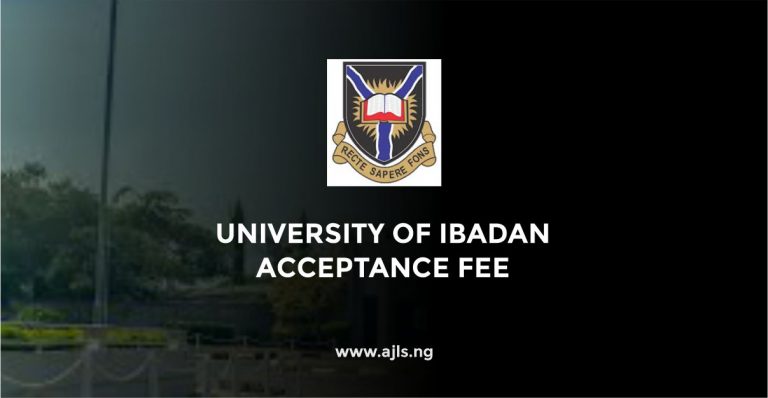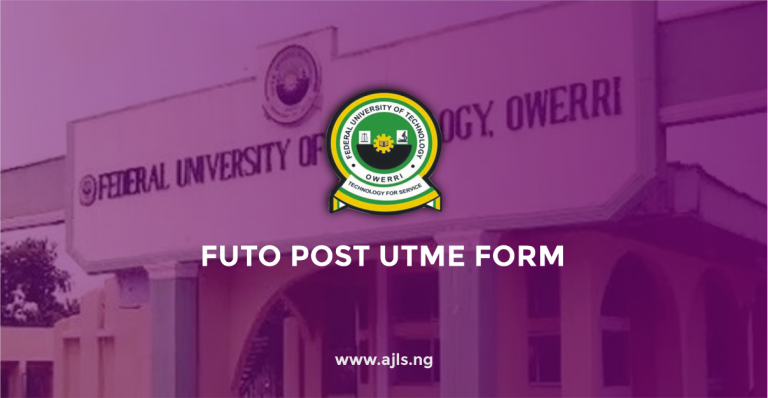NECO Syllabus for Financial Accounting 2026

The National Examinations Council (NECO) Financial Accounting syllabus is designed to assess candidates’ understanding of accounting principles, the role of accounting in recording business transactions, and the application of accounting rules within various organizational contexts. The aim of the NECO Syllabus for Financial Accounting is to provide a solid foundation for further studies in accounting and related disciplines.
This structure is designed to evaluate both theoretical knowledge and practical application skills in financial accounting. The NECO Financial Accounting examination consists of two papers, Paper 1 and Paper 2 which together form a composite paper to be taken in one sitting.
NECO Syllabus for Financial Accounting
The National Examinations Council (NECO) has a comprehensive syllabus for Financial Accounting designed to guide candidates in their preparation for the examination. While the official NECO Syllabus for Financial Accounting is the most authoritative source, the West African Examinations Council (WAEC) syllabus for Financial Accounting covers similar topics and can serve as a valuable reference. The NECO Syllabus for Financial Accounting contains the following:
Introduction to Financial Accounting
- History, nature, and functions of accounting.
- Users of accounting information.
- Stages in the accounting process.
- Characteristics of accounting information.
The Accounting Equation and Double Entry Principles
- Accounting equation.
- Purpose and functions of source documents.
- Subsidiary books.
- The ledger: classification of accounts.
- Cash book: analytical cash book, including petty cash book.
- Preparation of trial balance.
- Bank reconciliation statements.
- Correction of errors and suspense account.
Accounting Concepts
- Meaning, types, significance, and limitations of accounting concepts.
The Final Accounts of a Sole Trader/Proprietorship
- Trading, profit, and loss accounts/income statements.
- Balance sheet/statement of financial position.
- Adjustments to final accounts.
Provisions and Reserves
- Provision for doubtful debts/allowance for doubtful debts.
- Provision for discounts.
- Depreciation: concepts, reasons for recording, and methods (straight line, reducing balance, sum of the year’s digits, revaluation).
- Accounting for depreciation.
- Reserves: revenue and capital reserves.
Manufacturing Accounts
- Purpose of manufacturing accounts.
- Cost classification in manufacturing accounts.
- Preparation of final accounts of manufacturing concerns.
Control Accounts and Self-Balancing Ledgers
- Meaning and uses of control accounts.
- Types: sales ledger control and purchases ledger control.
- Preparation and reconciliation of control accounts.
Single Entry and Incomplete Records
- Meaning and limitations.
- Computation of profit or loss from opening and closing balance sheets.
- Conversion of single entry to double entry.
- Preparation of final accounts from a set of incomplete records.
- Markup and margin.
Accounts of Not-for-Profit Making Organizations
- Meaning and terminologies.
- Receipts and payments accounts.
- Subscriptions account.
- Income and expenditure accounts.
- Accumulated fund.
- Balance sheet.
- Profit or loss from income-generating activities.
Partnership Accounts
- Nature and formation of partnership.
- Partnership agreements/deed.
- Profit and loss appropriation accounts.
- Partners’ capital account and balance sheet.
- Admission of a new partner.
- Treatment of goodwill and revaluation of assets.
- Dissolution of partnership (excluding Garner v. Murray and piecemeal realization).
Company Accounts
- Nature and formation of a company.
- Types of companies and shares.
- Issue of shares.
- Loan capital, debentures/loan notes, and mortgages.
- Final accounts of companies for internal use only.
- Interpretation of accounts using simple ratios.
- Purchase of business account.
- Statement of cash flow (using direct and indirect methods).
Accounting for Value Added Tax (VAT)
- Purpose and characteristics of VAT.
- Bases of computing input/output VAT.
- Preparation of VAT returns.
- Exempt goods and services.
Departmental and Branch Accounts
- Meaning and importance.
- Differences between a department and a branch.
- Preparation of departmental accounts.
- Preparation of branch accounts (excluding foreign branches).
- Inter-branch transactions.
Public Sector Accounting
- Meaning and differences between public sector and private sector accounts.
- Sources of public revenue.
- Capital and recurrent expenditures.
- Preparation of simple government accounts.
NECO Recommended Textbooks for Financial Accounting
To effectively prepare for the NECO Financial Accounting examination, it’s essential to study with textbooks that comprehensively cover the syllabus and present the material clearly and understandably. Here are some recommended textbooks:
- Business Accounting Volume 1 – West African Edition by Frank Wood and Omunya
- Business Accounting Volume 2 by Frank Wood
- Accounting and Finance by Frank Wood
- Foundation Accounting by A. H. Millichamp
- Basic Accounting by J. D. Magee
- Accounting for Senior Secondary School by S. C. Malhotra, P. K. Botchwey, and P. A. Amankwah
- Accounting in Business by R. J. Bull
- Company Accounts by J. N. Amorin
- Principles of Accounting by K. B. Appiah Mensah
You can bookmark or save this page for a revisit. If you have any questions or further inquiries kindly drop them in the comment box below. Also, endeavor to share this page with family and friends to keep them posted with this information.





